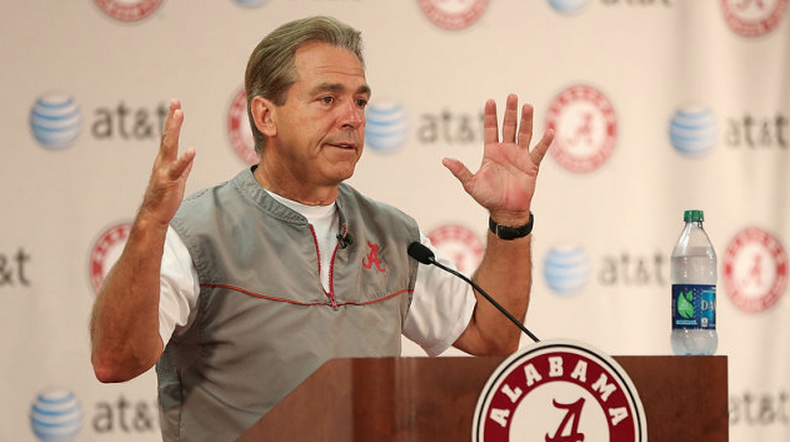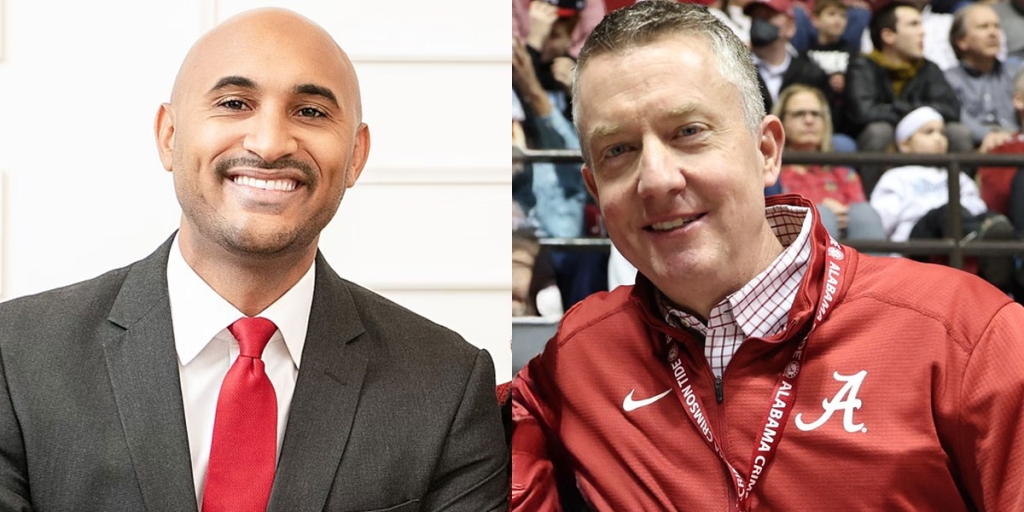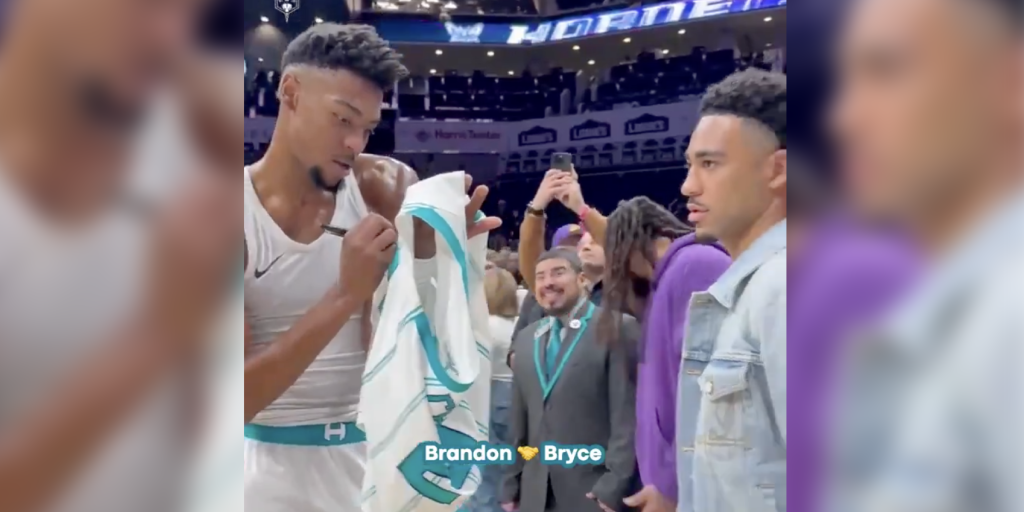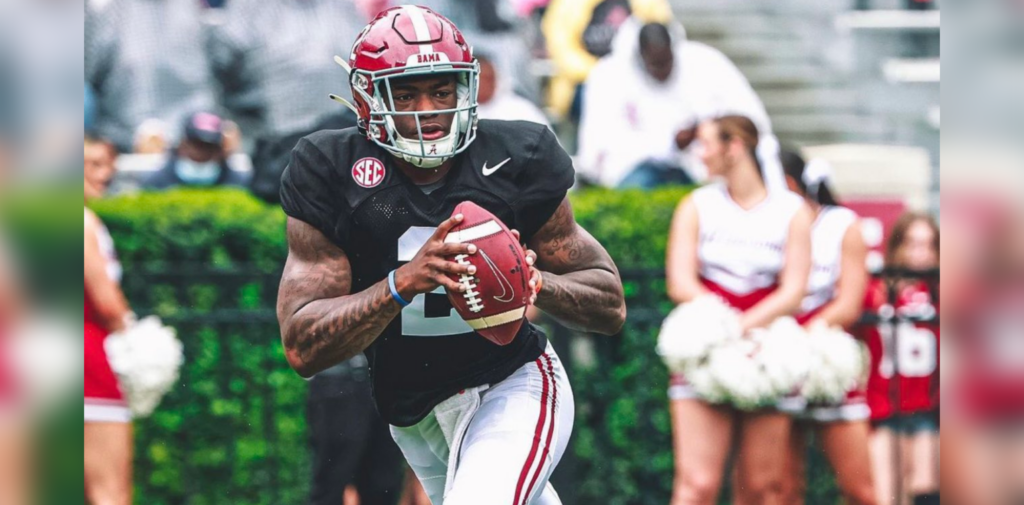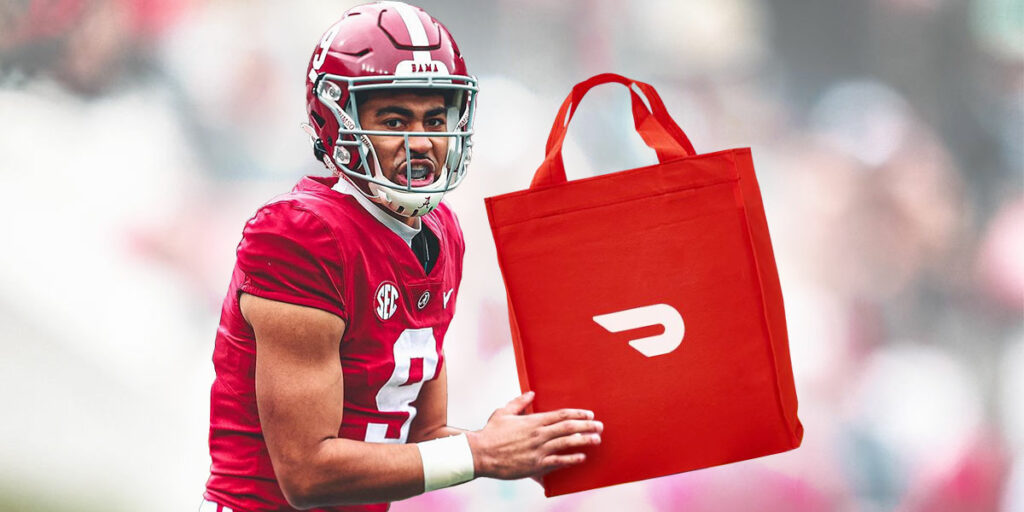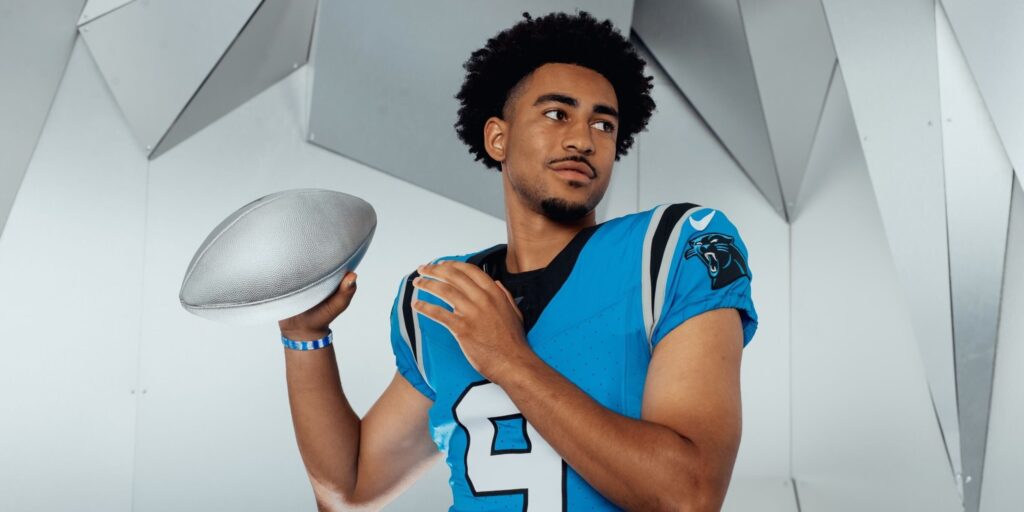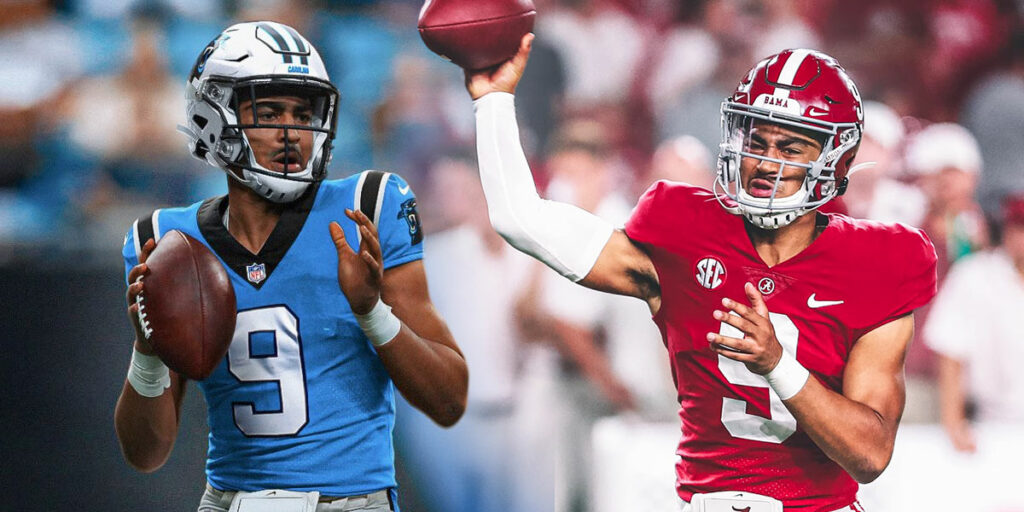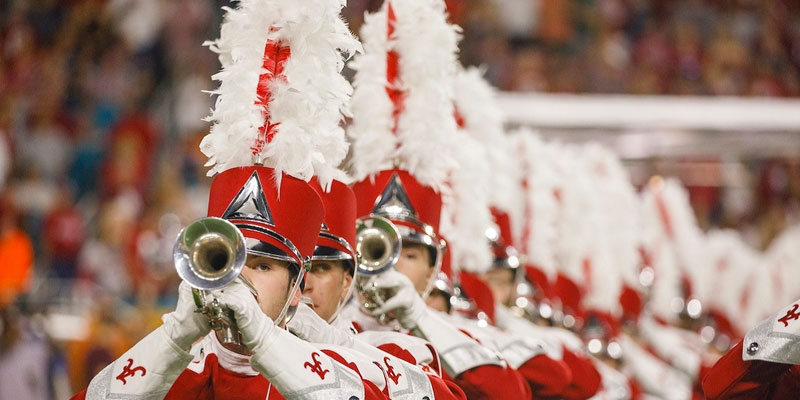For University of Alabama head football coach Nick Saban, mental health is a major factor in his program’s unprecedented success.
In an interview with NBC’s “Today Show,” the seven-time national champion detailed his program’s commitment to meeting the mental health needs of student-athletes.
Led by Dr. Bhrett McCabe, UA’s sports psychologist, a team of more than 20 behavioral health professionals are on hand to help student-athletes address their mental health needs.
“We’re all going to have bad things that happen,” said Saban. “But our ability to overcome those negatives is going to go a long way in helping us be successful.”
When asked how athletes overcame the pressures of playing for the Crimson Tide, Saban said focusing on the day-to-day grind, rather than results, was key in keeping goals in perspective.
“Pressure is kind of self-inflicted. And it’s self-inflicted because you’re focused on results — we want to focus on winning a championship,” he said. “Or do you want to focus on each day being able to be a champion so we’ll have a chance to win a championship?”
According to Heisman Trophy-winning quarterback Bryce Young, having the spotlight placed on young athletes can be overwhelming at times.
“I feel like a lot of times athletes can be put on this pedestal, and as athletes, we can internalize that,” said Young. “And we can feel like we’re looked at a certain way… everything should come easy. And that’s just not the case.
“I care immensely for the people I play with, for my teammates, my brothers. I have great parents who have sacrificed a bunch. This school has supported me a lot. And I want to make everyone proud.”
External factors such as fan criticism, Saban said, should be rooted out when self-evaluating individual performance.
“You have to go back to being technical,” he said. “OK, why did this happen and what can I do to fix it? Rather than being someone so focused on the criticism or what everybody else thinks. Because you control your thoughts, you control your feelings.”
When asked how tough of a task it was to encourage players to open up about mental health, Saban said it was easier in today’s climate becaue the issue is being destigmatized.
“I don’t think it’s as difficult now as it used to be because I don’t think the players really look at it as, ‘I have something wrong with me.’ They look at it more like, ‘Maybe I can use the help.’ It’s always good to empathize with people,” he said. “Take help when help is there to be given. That’s not a bad thing.”
After battling with a string of knee injuries, defensive lineman D.J. Dale sought assistance from team professionals to help cope with the mental toll his injuries brought him.
“I was depressed and I didn’t even know it,” he said. “Or I knew it, but I didn’t want to admit it to myself.”
In discussing his difficulties with Saban, Dale said the process-oriented coach was there to support him.
“He told me that he appreciated me, and that I was a tough player,” Dale said. “And I didn’t want him to think that I was like, you know, weak turning my back against the team.
“But it was the complete opposite.”
Dylan Smith is the editor of Yellowhammer News. You can follow him on Twitter @DylanSmithAL




